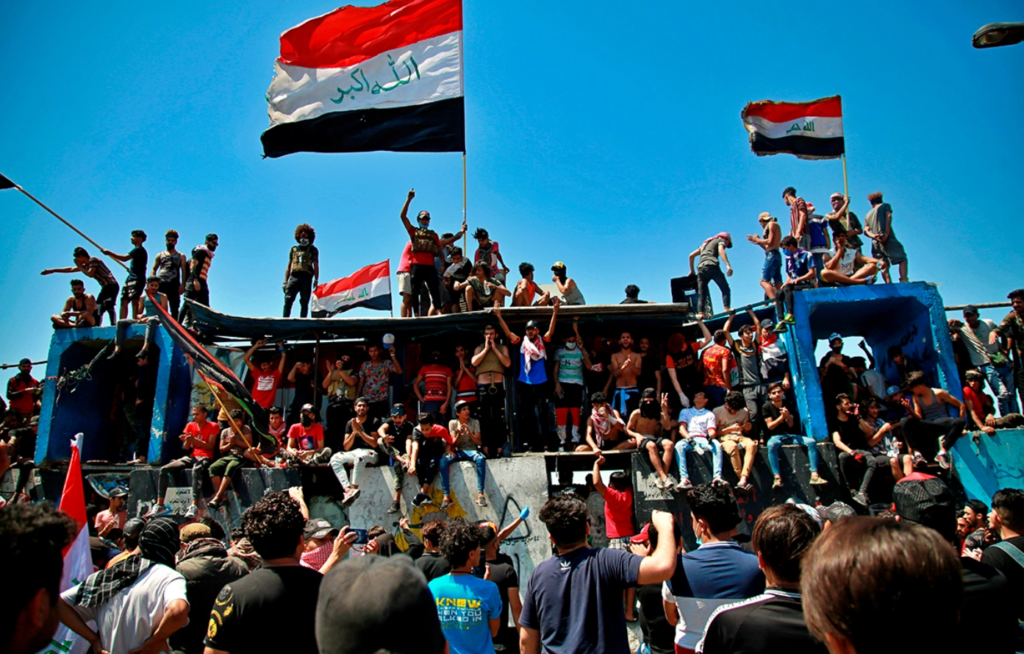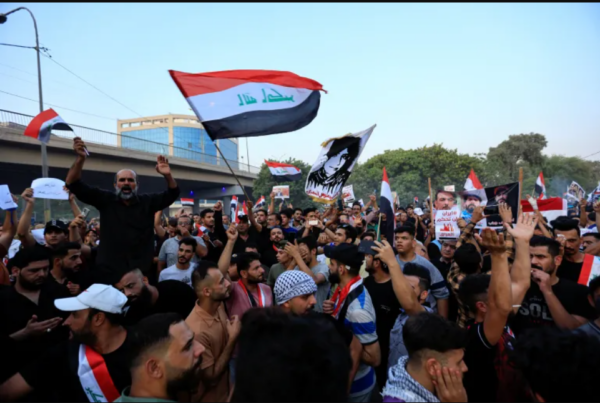As a result of the US occupation, the muhasasa system gives different religious sects different political roles.
Does Iraq’s system of quotas based on religion hold the country back?
On the 20th anniversary of the Iraq war, people often talk about three decisions made by the U.S. and its allies right after the war that is widely seen as terrible mistakes: the “de-Baathification” of state institutions by getting rid of Baath party loyalists, the dissolution of the Iraqi army, which led to a big security hole, and the enforcement of a new power-sharing formula based on ethnicity and religion.
Muhasasa is often criticized as a symbol of a broken political system that led to a sectarian civil war and kept corruption and bad government going strong.
In 2003, Paul Bremer’s Coalition Provisional Authority put together the Iraqi Governing Council. Its 25 members were chosen based on their ethnic and religious backgrounds, in proportion to how many people were in each group.
So, just over half of the council was made up of Shia leaders. Kurds and Sunni Arabs each had five seats, and the Assyrian and Turkmen minorities each had two seats.
The people who came up with this plan thought it was the best way to make sure everyone was represented and to limit the power of any one confession to keep the authoritarian rule from coming back.
For the next 20 years, elite bargaining and the political settlement after 2003 would be based on how the Governing Council was set up and who was on it. Since 2005, every Iraqi government has tried to keep this delicate balance between the different religious groups in the country.

Iraq being held back?
At the elite level, Muhasasa is not a very interesting system because it is mostly just a quota system that gives power to different groups based on their political weight.
Senior government jobs are given to people who are loyal to the party, which is similar to the way political appointees work in other countries.
The problem in Iraq is that people in positions of power are often not qualified at all, or even worse, they are put in those positions to help their patrons get rich through illegal means.
Different experiences
Politics that are based on religious beliefs are built on more than just tribalism. British colonialists created modern Iraq by making Sunnis, Shias, and Kurds hate each other. A century later, the experiences of these three groups are very different.
For example, the Kurdish parties in Iraq exist because Kurds have distinct communal memory. In the past, they were marginalized and persecuted because of their Kurdish identity, and they want their own country, which their Arab counterparts do not want.
So it makes sense for Kurds to base their politics on how important their ethnic identity is to them. Sunni and Shia Arabs, on the other hand, don’t have the same political goals because they have had different experiences with state power.
The only thing that is clear is that any real changes to the way power is shared in Iraq will have to start at the local level.

